Ayurvedic Treatment for Psoriasis
Niroga Ayurveda Healing ( Ayurveda Chikitsa / Treatments )
What is Psoriasis?

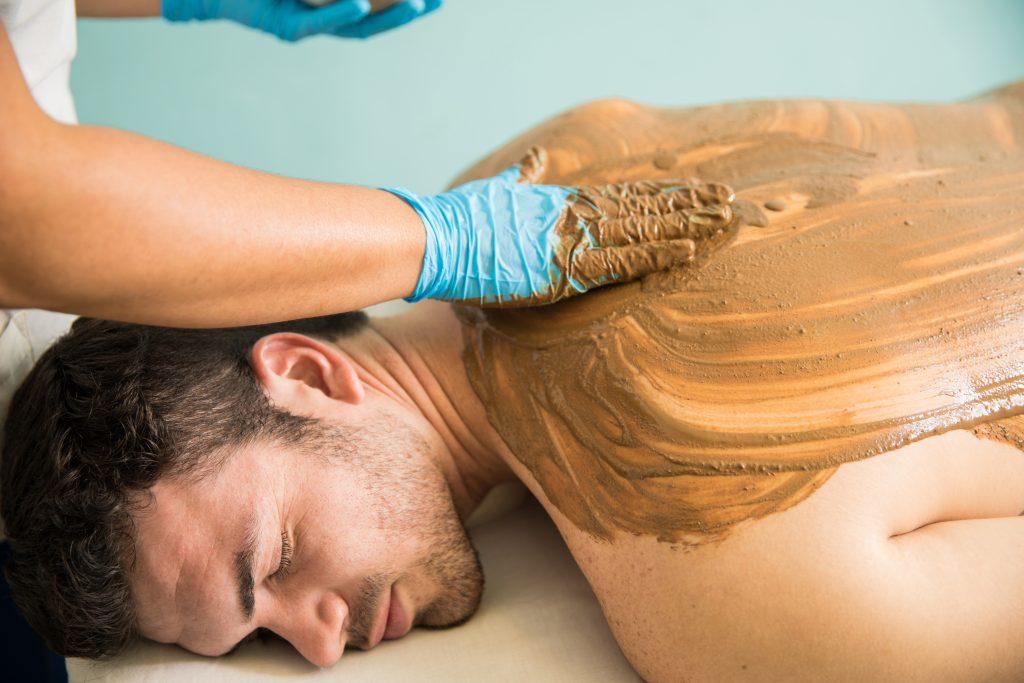
Why Choose Ayurveda for Psoriasis?
Ayurveda offers a holistic approach to treating psoriasis by focusing on natural healing, detoxification, and balancing the body’s doshas (Vata, Pitta, and Kapha). Ayurvedic treatments aim to address the root cause of psoriasis, providing long-term relief and preventing recurrence.
Psoriasis Statistics: Hyderabad, India
- Prevalence: Approximately 2-3% of the population in Hyderabad suffers from psoriasis.
- Contributing Factors: High levels of pollution, dietary habits, and lifestyle factors such as stress and lack of sleep.
Globally
- Prevalence: Psoriasis affects about 2-3% of the global population, with millions of cases reported annually.
- Common Age Group: Psoriasis can affect individuals of all ages, but it commonly appears between the ages of 15 and 35.
Who is Frequently Affected by Psoriasis?
- Individuals with a Family History: Genetic predisposition to psoriasis.
- People with Immune System Disorders: Conditions that affect the immune system.
- Individuals with Stressful Lifestyles: High stress levels can trigger psoriasis.
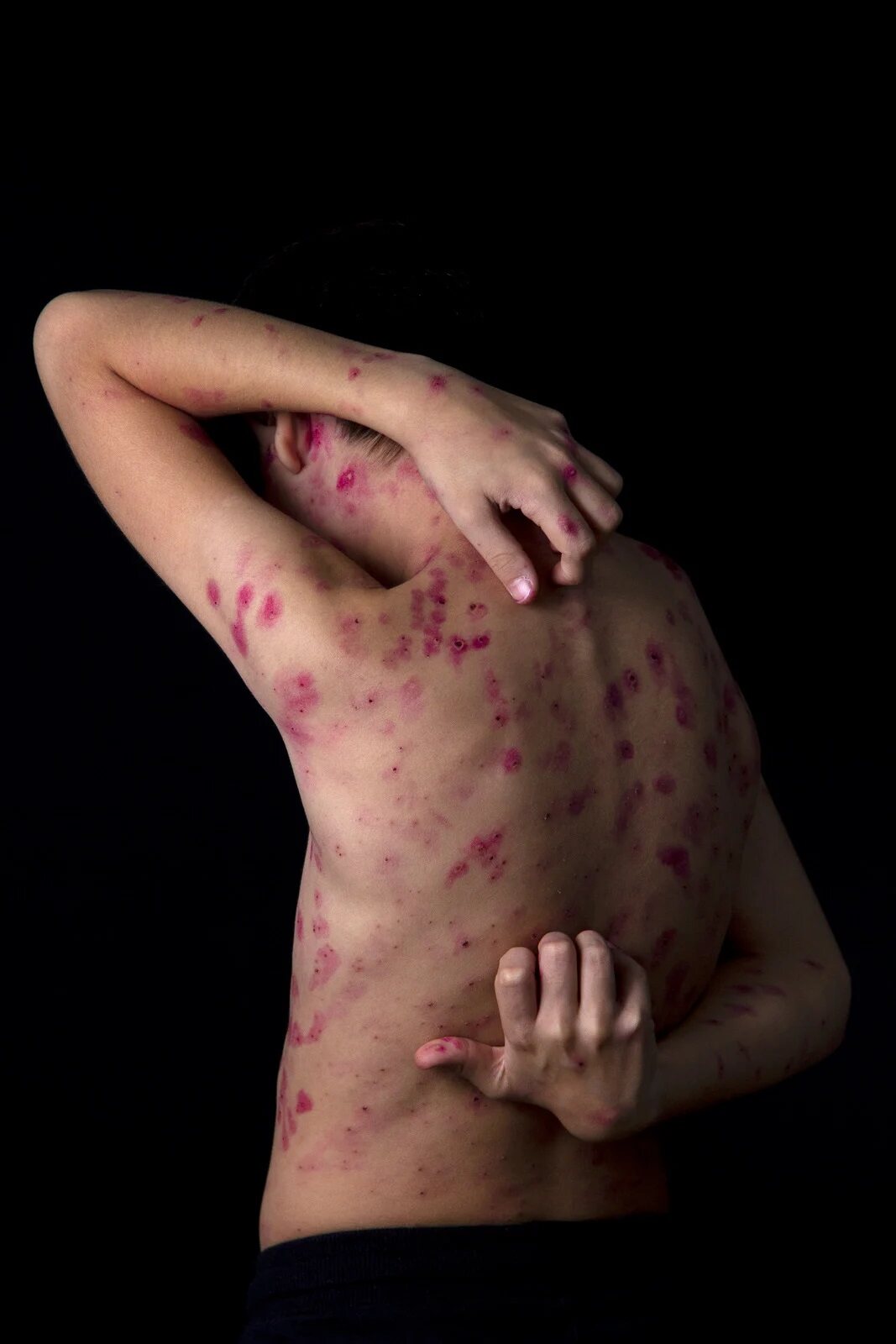
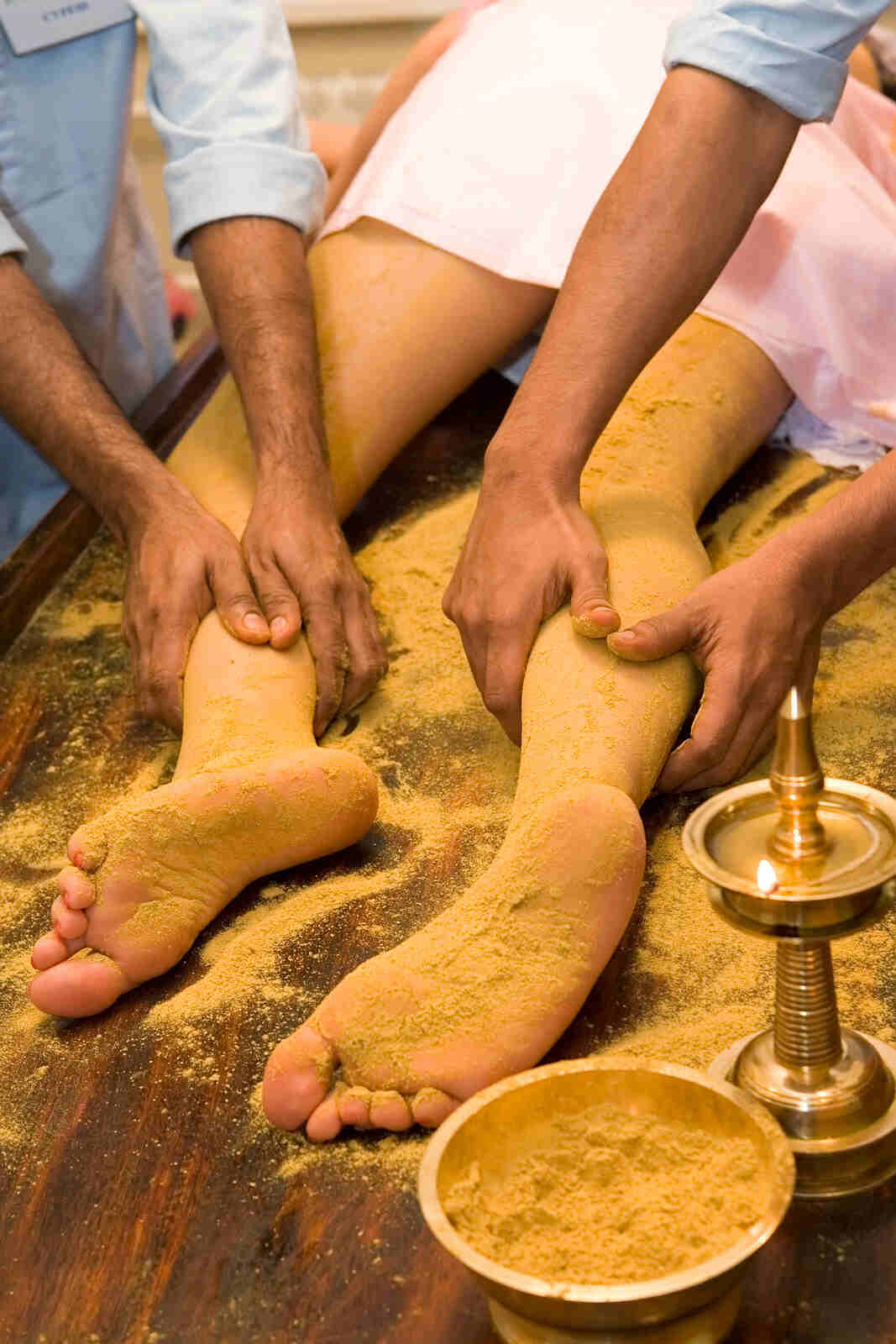
Psoriasis Causes and Aetiology
- Genetic Factors: Family history of psoriasis increases the risk.
- Immune System: Autoimmune response that triggers rapid skin cell production.
- Environmental Factors: Exposure to triggers such as infections, skin injuries, and certain medications.
- Lifestyle Factors: Poor diet, stress, and unhealthy habits like smoking.
Psoriasis Symptoms and Signs
- Red Patches: Inflamed areas covered with silvery scales.
- Dry, Cracked Skin: May bleed.
- Itching and Burning: Affected areas can be itchy or painful.
- Thickened Nails: Pitting or ridges in the nails.
- Swollen Joints: Psoriatic arthritis can cause joint pain and swelling.
Diagnosis for Psoriasis
- Physical Examination: Dermatologist examines the skin.
- Medical History: Assessment of family history and symptoms.
- Skin Biopsy: Taking a small sample of skin for laboratory analysis.
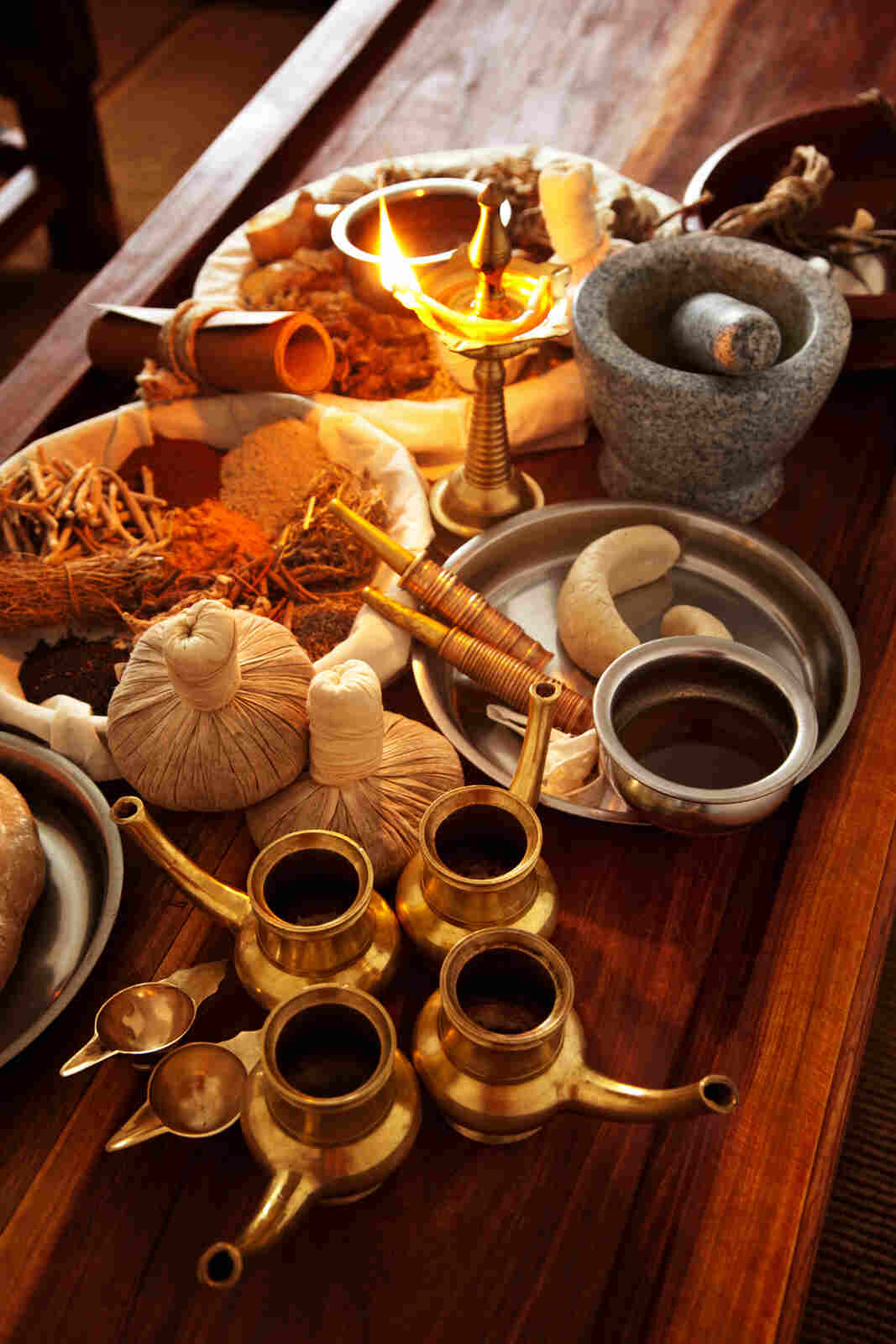
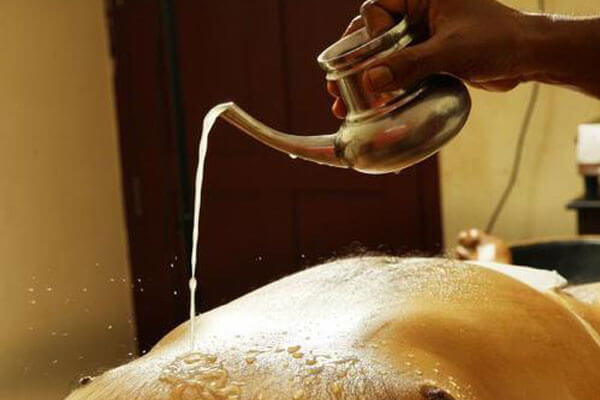
Types of Psoriasis
Plaque Psoriasis
- Description: Plaque psoriasis is the most common form of psoriasis, affecting about 80-90% of people with the condition.
- Characteristics: This type is characterized by raised, red patches of skin covered with a silvery white buildup of dead skin cells, known as scale. The plaques can be itchy and painful, and they sometimes crack and bleed.
- Common Areas Affected: Scalp, elbows, knees, and lower back.
- Symptoms: Dry, cracked skin that may bleed, itching, burning, soreness around patches, and thickened, pitted, or ridged nails.
Guttate Psoriasis
- Description: Guttate psoriasis is the second most common type of psoriasis and often starts in childhood or young adulthood.
- Characteristics: This type presents as small, dot-like lesions. The lesions are usually not as thick as plaque psoriasis.
- Common Areas Affected: Trunk, arms, legs, and sometimes the scalp.
- Triggers: Often triggered by bacterial infections like strep throat.
- Symptoms: Small, red spots on the skin, often widespread, and sometimes accompanied by itching.
Inverse Psoriasis
- Description: Inverse psoriasis, also known as flexural psoriasis, appears in skin folds.
- Characteristics: This type is characterized by smooth, red lesions that are shiny and inflamed but do not have the typical scale seen in plaque psoriasis.
- Common Areas Affected: Armpits, under the breasts, groin, and around the genitals and buttocks.
- Triggers: Often aggravated by friction and sweating.
- Symptoms: Red, shiny lesions in skin folds, which can be very uncomfortable due to their location.
Pustular Psoriasis
- Description: Pustular psoriasis is a rare and severe form of psoriasis that causes white pustules (blisters of noninfectious pus) surrounded by red skin.
- Characteristics: This type can be localized, commonly on the hands and feet, or widespread.
- Common Areas Affected: Hands, feet, and sometimes widespread over the body.
- Symptoms: Red, tender skin with pus-filled blisters that can cause fever, chills, severe itching, and fatigue.
Erythrodermic Psoriasis
- Description: Erythrodermic psoriasis is a particularly severe form of psoriasis that affects most of the body surface.
- Characteristics: This type is characterized by widespread, fiery redness of the skin and the shedding of scales in sheets.
- Common Areas Affected: Covers large areas or even the entire body.
- Triggers: Severe sunburn, infections, certain medications, and discontinuing systemic psoriasis treatment.
- Symptoms: Severe redness and shedding of the skin, itching, burning, increased heart rate, and changes in body temperature regulation, which can lead to dangerous complications.
Prevention and Home Remedies for Psoriasis
- Maintain a Healthy Diet: Include anti-inflammatory foods like fruits, vegetables, and whole grains.
- Proper Skincare Routine: Moisturize regularly and use gentle, non-irritating products.
- Stay Hydrated: Drink plenty of water to keep the skin hydrated.
- Avoid Triggers: Identify and avoid factors that trigger flare-ups.
- Natural Remedies: Use ingredients like turmeric, neem, and aloe vera for their anti-inflammatory and healing properties.
Yoga for Skin Health
- Pranayama (Breathing Exercises): Improves oxygen supply and reduces stress.
- Surya Namaskar (Sun Salutation): Enhances blood circulation and detoxification.
- Shavasana (Corpse Pose): Promotes relaxation and overall well-being.
Ayurvedic Treatment Options for Psoriasis
Panchakarma Therapy
A detoxification process to cleanse the body and balance the doshas.
- Vamana (Emesis Therapy): Induced vomiting to expel toxins.
- Virechana (Purgation Therapy): Cleansing the bowels using herbal laxatives.
- Basti (Medicated Enema): Administering herbal oils and decoctions through the rectum.
- Nasya (Nasal Administration): Clearing head channels by administering medicated oils through the nose.
- Raktamokshana (Bloodletting Therapy): Removing impure blood to improve circulation and reduce inflammation.
Abhyanga (Oil Massage)
Therapeutic full-body massage using warm herbal oils to improve skin health.
- Procedure: Application of warm herbal oil followed by a synchronized massage.
- Duration: Typically 60 to 90 minutes.
Benefits: Enhances circulation, nourishes the skin, and promotes detoxification.
Lepam (Herbal Paste Application)
Application of herbal pastes on the affected areas to reduce inflammation and promote healing.
- Procedure: Herbal paste is applied and left to dry before washing off.
- Duration: Varies based on the condition and severity.
Benefits: Reduces inflammation, soothes the skin, and accelerates healing.
Herbal Remedies
Use of Ayurvedic herbs to treat psoriasis.
- Neem (Azadirachta Indica): Antibacterial and antifungal properties.
- Turmeric (Curcuma Longa): Anti-inflammatory and antioxidant benefits.
- Aloe Vera: Soothes and moisturizes the skin.
- Manjistha (Rubia Cordifolia): Purifies blood and promotes healthy skin.
Benefits: Natural healing, reduces inflammation, and improves skin health.
Diet and Lifestyle Modifications
Ayurveda emphasizes the importance of diet and lifestyle in managing psoriasis.
- Diet: Fresh fruits, vegetables, whole grains, and lean proteins. Avoid processed foods, excessive sugar, and unhealthy fats.
- Lifestyle: Regular exercise, adequate sleep, and stress management techniques like yoga and meditation.
Benefits: Enhances overall health, supports skin healing, and prevents future psoriasis flare-ups.
FAQs
Frequently Asked Questions
Q:What are the Ayurvedic treatments for psoriasis?
A:Ayurvedic treatments for psoriasis include Panchakarma therapy, Abhyanga, Lepam, herbal remedies, and dietary and lifestyle modifications to detoxify the body, improve immunity, and promote healthy skin.
Q:How effective is Ayurveda in treating psoriasis?
A:Ayurveda is highly effective in treating psoriasis as it focuses on natural healing, detoxification, and balancing the body’s doshas, leading to long-lasting improvements in skin health.
Q:Can diet and lifestyle changes help with psoriasis?
A:Yes, diet and lifestyle changes are crucial in managing psoriasis. A healthy diet, regular exercise, adequate sleep, and stress management can significantly improve skin health and prevent future flare-ups.
Q:What are some common Ayurvedic herbs used for psoriasis treatment?
A:Common Ayurvedic herbs for psoriasis treatment include Neem, Turmeric, Aloe Vera, and Manjistha, known for their anti-inflammatory, antibacterial, and healing properties.
Q:How does Panchakarma therapy help in treating psoriasis?
A:Panchakarma therapy helps in treating psoriasis by detoxifying the body, balancing the doshas, and improving overall health, leading to clearer and healthier skin.
Fill out this form for booking online.
Appointment
Book An Appointment
Make sure to note down the appointment date, time, and location provided by the clinic. Set reminders on your calendar or set an alarm to ensure you are punctual and do not miss your appointment.
Customer Service
+91 84668 82266
WhatsApp Now
+91 84668 82266
Subscribe Now
SaiAyush Ayurveda

